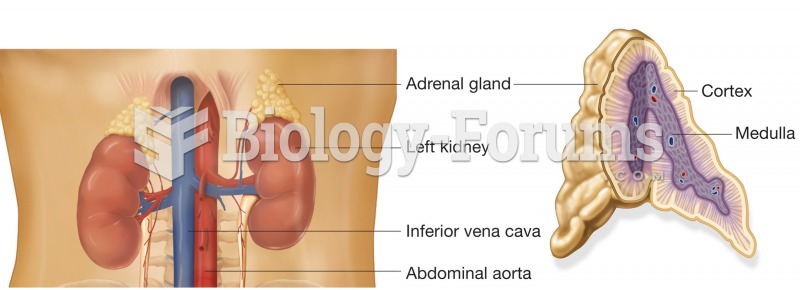Answer to Question 1
Correct Answer: 3, 4
Rationale 1: Kidney damage can significantly prolong drug action, not shorten drug action.
Rationale 2: Kidney damage can significantly prolong drug action, and is a common cause of adverse reactions.
Rationale 3: Kidney damage can significantly prolong drug action, and is a common cause of adverse reactions.
Rationale 4: Kidney damage can significantly prolong drug action, and is a common cause of adverse reactions.
Rationale 5: Kidney damage does not affect drug metabolism. Liver damage affects drug metabolism.
Global Rationale: Kidney damage can significantly prolong drug action, and is a common cause of adverse reactions. Kidney damage does not affect drug metabolism. Liver damage affects drug metabolism.
Answer to Question 2
Correct Answer: 1, 2
Rationale 1: Elderly clients have reduced enzyme activity; thus first-pass effect is reduced in this population as well.
Rationale 2: Liver enzymes are the major metabolic pathway for deactivation of most drugs, and clients with liver disease have decreased amounts of liver enzymes. First-pass effect will be diminished in these clients.
Rationale 3: The gall bladder is not involved in first-pass effect.
Rationale 4: The kidneys are not involved in first-pass effect.
Rationale 5: Medications given parenterally are not affected by the first-pass effect.
Global Rationale: Elderly clients have reduced enzyme activity; thus first-pass effect is reduced in this population. Liver enzymes are the major metabolic pathway for deactivation of most drugs, and clients with liver disease have decreased amounts of liver enzymes. First-pass effect will be diminished in these clients. The gall bladder is not involved in first-pass effect. The kidneys are not involved in first-pass effect. Medications given parenterally are not affected by the first-pass effect.







